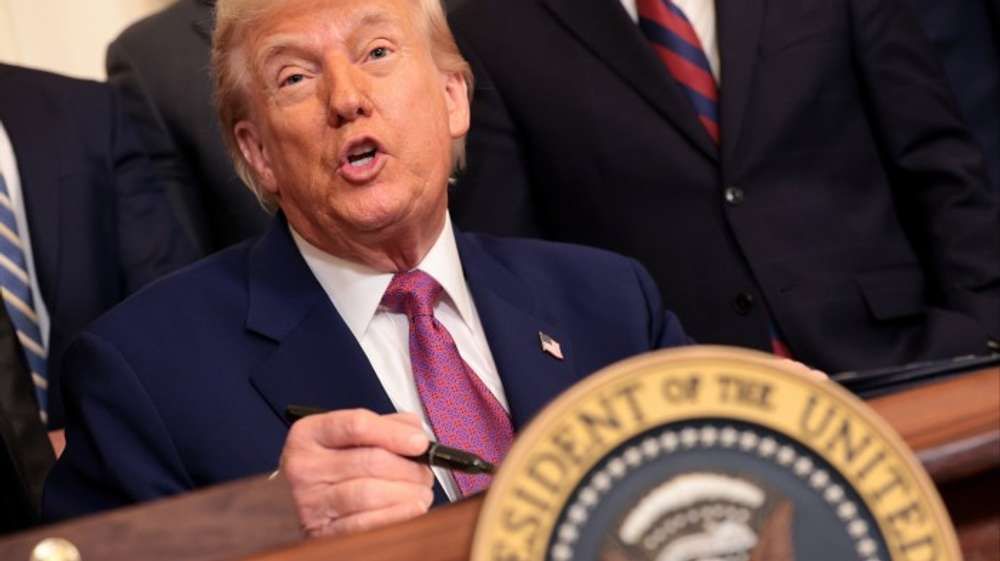@bendinovelli.bsky.social
150 followers
320 following
58 posts
Academic Fellow, Vanderbilt Policy Accelerator (@vandylaw.bsky.social). Research networks, platforms, and utilities. Views are my own.
Posts
Media
Videos
Starter Packs







